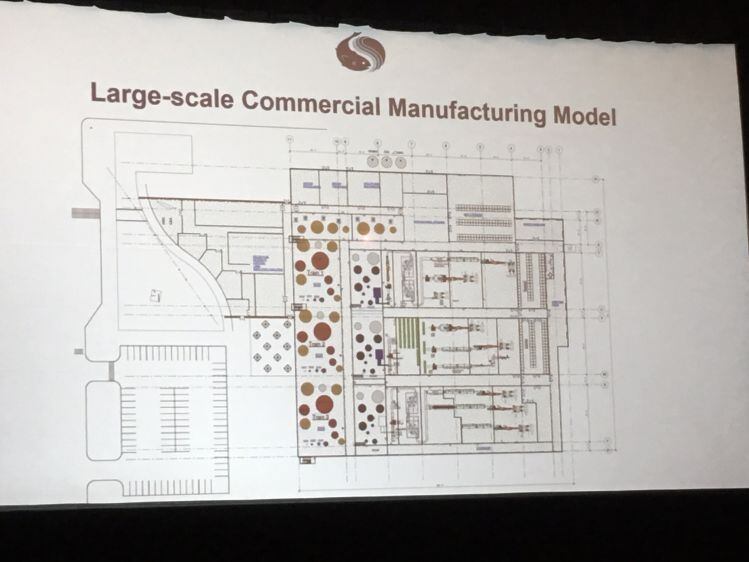This is according to Japanese clean meat firm Integriculture, which has partnered with the Space Food X initiative, a programme in Japan to solve the challenges of food production and preservation in space.
Their product is aptly named SpaceSalt.
Professor Yuki Hanyu, founder and CEO of Integriculture told FoodNavigator-Asia, “SpaceSalt is one of the materials used for cell-based meat. It contains mainly salt, amino acid, vitamins, sugar and minerals.
“SpaceSalt has an umami taste and can be used as a seasoning or food additive.”
The company produces cultured duck foie gras using their patented feeder bioreactor system, called the CulNet System.
According to Hanyu, they use their own food grade, natural, culture medium and do not add any growth hormones (growth factors).
It is a ‘continuous flow process’, meaning that its system can be easily scaled up, which reduces the production costs of clean meat substantially, says the firm.
Space mission
He said SpaceSalt can be used for space missions where self-sustaining, circular food systems were essential for long-term travel.
“We are planning to use SpaceSalt to make pickled vegetables. The package would contain lightweight dried picked vegetables and a bag of SpaceSalt. Once watered, it is ready for consumption.”
Apart from space missions, it can also be used as a seasoning salt for daily life.
“We are working with external partners to produce SpaceSalt, and it will be ready first in Japan by the end of this year.”
We previously reported that Integriculture was working on scaling up its production of cultured duck foie gras which Hanyu said, “Will be ready in 2021, and aimed for supermarkets by 2023.”
The company also plans to produce skincare and anti-ageing cosmetics in 2020, and cultured steak by 2025.
The start-up was established in 2015 in Tokyo, Japan, and now has 12 people on their team.
He added, “We are open to collaborations from other companies to use our cell culture system to solve their growth factor issues.”



